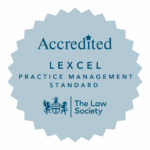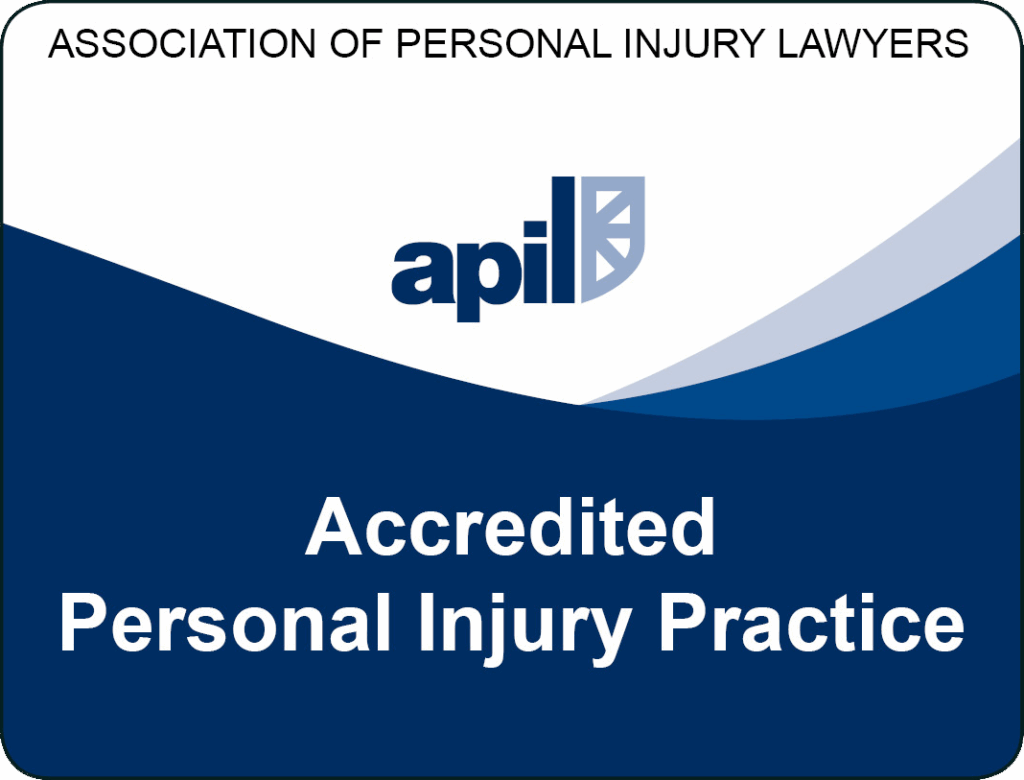The last few years have been like no other, and for many it has offered a sense of perspective on life. With more time at home with close loved ones, and an increased focus on health and wellbeing, we have seen a steady demand for our will writing services. People are keen to gain certainty where they can … getting their affairs in order and gaining peace of mind from knowing that their wishes will be granted in the event of their passing.
An up to date and legally valid Will is the only legal way to make sure your assets including money, property, possessions and investments which make up your estate get passed on to the people and causes that are important to you after your death. ‘Testamentary Freedom’ in England and Wales law allows you to leave everything you own to whomever you choose. By being as specific as possible, you can help your loved ones to avoid worry and disagreements over the distribution of your assets.
Dying without a legal Will is known as dying intestate and means that your estate or assets will be distributed in line with the UK law, rather than your own personal wishes.
Hatch Brenner Head of Private Client Caroline Billings details a useful jargon-busting guide to making a will as outlined below. She also explores the Rules of Intestacy:
Guide to making a Will
What is classed as an Asset?
An asset is anything you own of value which can be of immediate or future benefit. Personal assets may include a house or land, savings, car, investments and pensions, artwork, jewellery or home goods. Assets can also relate to business concerns including business ownership, patents and intellectual property and royalties.
What is a Beneficiary?
In your Will you can name beneficiaries – the people who you would like to inherit your assets.
In line with the Inheritance Act 1975, your Will must reasonably provide for your surviving spouse or civil partner and any financial dependents you may have.
What is an Executor?
You must choose an Executor who will be the person who is responsible for administering your Will after your passing, ensuring your instructions are carried out and working with professionals including your Solicitor to arrange the Probate process.
An Executor must be 18 years old or older, and we would recommend choosing two people who you trust; or you can appoint your Solicitor if you do not want to involve family or friends in this role.
Should I leave money to charity in my Will?
If you are financially able to do so, many people are drawn to the idea of leaving behind a positive legacy to a charity in their Will. Many have a cause very close to their heart in mind, and charities often heavily rely on these legacy gifts which can make up a significant proportion of their income for their mid to long term planning. Be sure to name the charity correctly and include their registered charity number.
In addition to altruistic reasons, there can also be tax benefits to giving money to charity in your Will as any money left to UK charities is exempt from Inheritance Tax. Additionally, if you give at least 10% of your taxable estate to charity, the inheritance tax rate for the rest of your estate drops from 40% to 36%.
What is the residual estate?
Once you have made specific wishes to leave certain assets to named beneficiaries, any gifts to charity and your debts, tax and funeral costs have been covered, you may be left with assets not assigned. You can specify for the remaining assets to be left to a designated person – the residual beneficiary or beneficiaries. If you have more than one person who you would like to inherit, you should specify the percentage of the residuary estate each person should receive.
Read more: Wills Tax & Probate
Who do I need to tell about the fact that I’ve made a Will?
It is always wise to have an open and honest discussion with those affected by your Will whilst you are all healthy and able to talk freely. Allowing everyone to air their views and work through issues will help avoid future disagreements and challenges.
If your circumstances are complicated, you may wish to leave a Letter of Wishes alongside your Will which can outline your reasoning as to why you have made your decisions regarding the distribution of your estate. This is a personal and confidential document which will be stored alongside your Will and will form a part of your legacy to your loved ones.
Be sure to inform your Executor about where your Will is stored – ideally in writing. At Hatch Brenner we offer free secure Will storage for all our Private clients.
Guide to Intestacy
Intestacy Rules: What happens if someone dies without making a Will?
The intestacy rules state how a person’s estate must be shared without a Will. Only their married or civil partners at the time of death and some other close relatives can inherit under the rules of intestacy. Cohabiting and unmarried partners plus in-laws, close friends or carers cannot inherit under the rules of intestacy.
Intestacy and children
With no children involved, the spouse of a person dying intestate would automatically inherit all the assets in the estate.
For an estate valued at more than £270,000, the spouse of someone dying intestate would automatically inherit all their spouse’s personal property and belongings plus the first £270,000 of the estate. The remainder of the estate would then be split so half is inherited by the spouse and the remaining half is split between any surviving children.
With no surviving spouse, the children of the deceased dying intestate would automatically inherit the whole estate once they turn 18 years old, with the assets split equally between multiple children.
With no surviving relatives, the estate passes to the Crown as bona vacantia.
Intestacy and step-children
The Rules of Intestacy do not recognise step-children so if you have step-children, they have no automatic right to inherit from your estate if you don’t make a legally valid Will expressing these wishes.
The need for legal advice
The rules of intestacy can become fairly complicated depending on individual circumstances; for example, automatic inheritance for jointly owned property can depend on whether the property is owned as a beneficial joint tenancy or a tenancy in common. There may also be instances where parents, siblings, nephews and nieces, grandchildren or great-grandchildren are set to automatically inherit where there might be no surviving spouse or children. It is also possible to make a deed of family arrangement or variation to rearrange the distribution of the intestate individual’s assets.
It is best to consult a private client legal expert for advice if a relative dies without a Will.
Making a Will: We can help
If you have significant or complex assets, our experienced Private Client Lawyers can help you to review your assets and wishes, and help advise on any particular tax or other consequences of setting your Will out a specific way. There may be tax-efficient methods including charitable gifts and the setting up of Trusts to help you and ultimately your beneficiaries manage your affairs in a productive manner.
We can offer covid-secure face to face appointments by pre-arrangement, or video or telephone alternatives. We have the measures in place to facilitate covid-secure will signing. Contact Hatch Brenner Head of Private Client Caroline Billings





